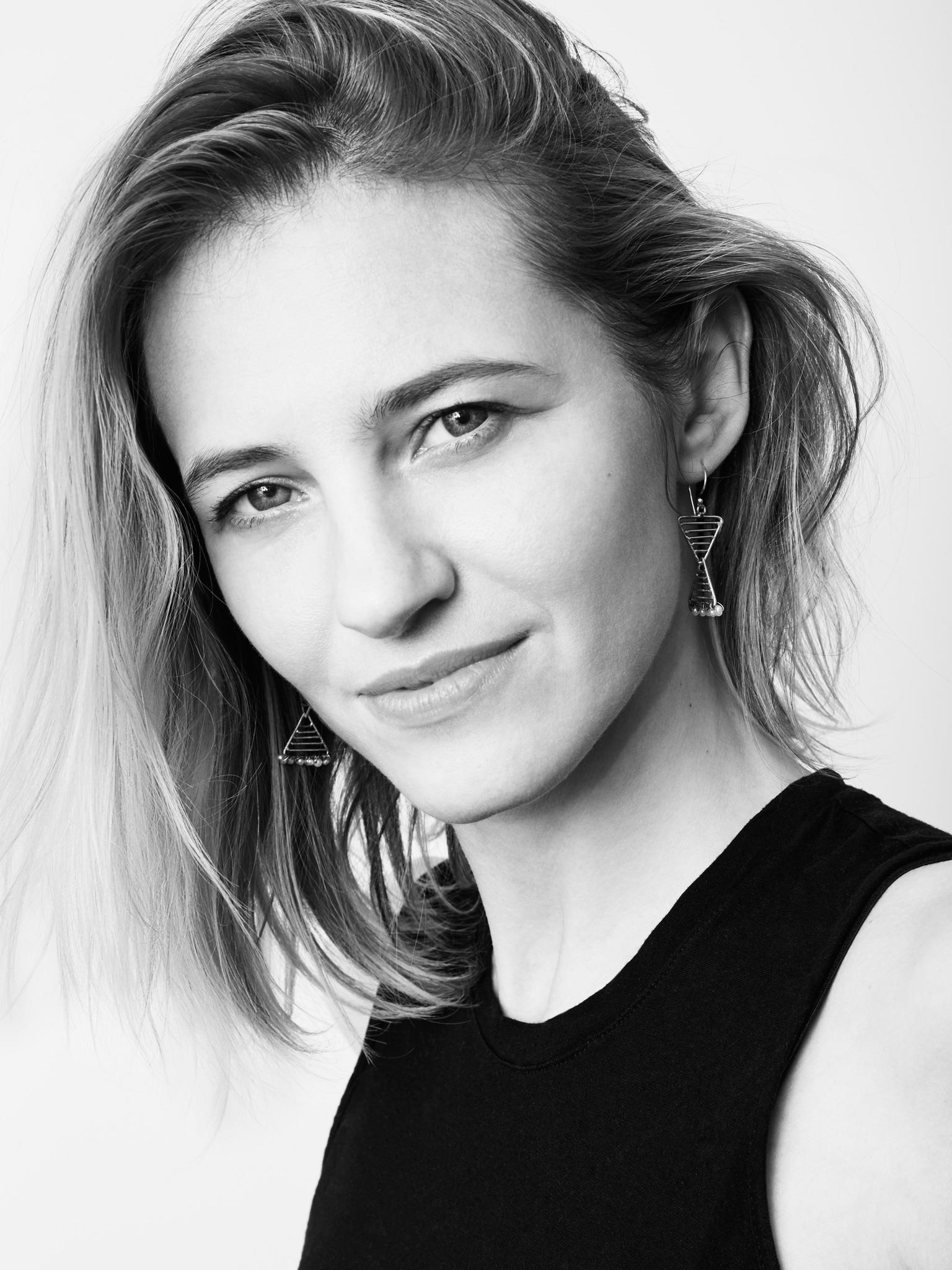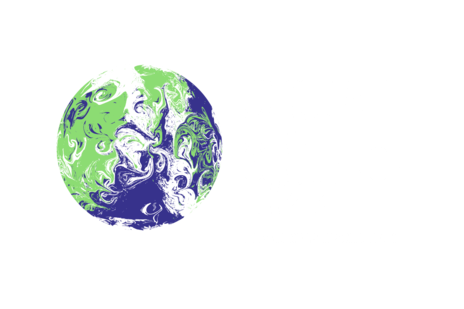When most people look at models, they see glamour, youth, and women cashing in on their looks. But in reality, modeling is a “winner-takes-all” market, where few reap the benefits and make millions, while many struggle to get by, working off debt to their agencies. This, in an industry that by some estimates collects $1.3 trillion.
Models’ economic vulnerability makes them particularly susceptible to sexual abuse. Supermodel and survivor Carré Otis knows this all too well. As a 17-year-old runaway she was scouted by Elite, and flown to New York to work with John Casablancas — who “dated” a 16-year-old model — before being sent to Paris to live with her abuser, former Elite Europe President Gérald Marie. Like so many models, Carré was young and alone in a foreign country, dependent on her agency for food, housing and employment. As alleged in her lawsuit, Marie often sent Otis to other wealthy men in Europe under the guise of work, only to find herself at a party where men would sexually assault her.
Experiences like Carre’s are why I formed the Model Alliance to fight for basic labor protections in the fashion industry. Indeed, my own experience as a model was not dissimilar. In 2012, when we first launched our support line, models from around the world would call to get advice on how to deal with sexual, emotional and financial abuse; we still hear from models every day who are facing these abuses and who are terrified to speak out for fear of being blacklisted.
Most people assume modeling agencies represent their models’ best interests. Instead, agencies ask models to sign oppressive contracts, maintaining power of attorney while lacking financial transparency. Because licensing and accountability requirements don’t exist, agencies are the ideal vehicle for trafficking children and young adults under the guise of modeling work. Consider Bill Cosby, who allegedly asked agencies to send him “broke, out-of-town” models, and Elite, which sent teenage models to private dinners with former President Trump.
Leading brands, publishing companies, and agencies such as Elite World Group can end this system of abuse by joining the Model Alliance’s RESPECT Program. Created by and for those who’ve experienced harm firsthand, RESPECT uses legally-binding agreements to create enforceable industry standards. The program provides education so that all parties know their rights and responsibilities, creates a safe, independent complaint system, and ensures there are real consequences for abusers. Companies that commit to the RESPECT Program can do business knowing that trafficking isn’t happening under their watch and everyone can work without fear of abuse or retaliation.
Models may not fit the common understanding of what a vulnerable population looks like. But like so much of fashion, there’s more to it than meets the eye.





